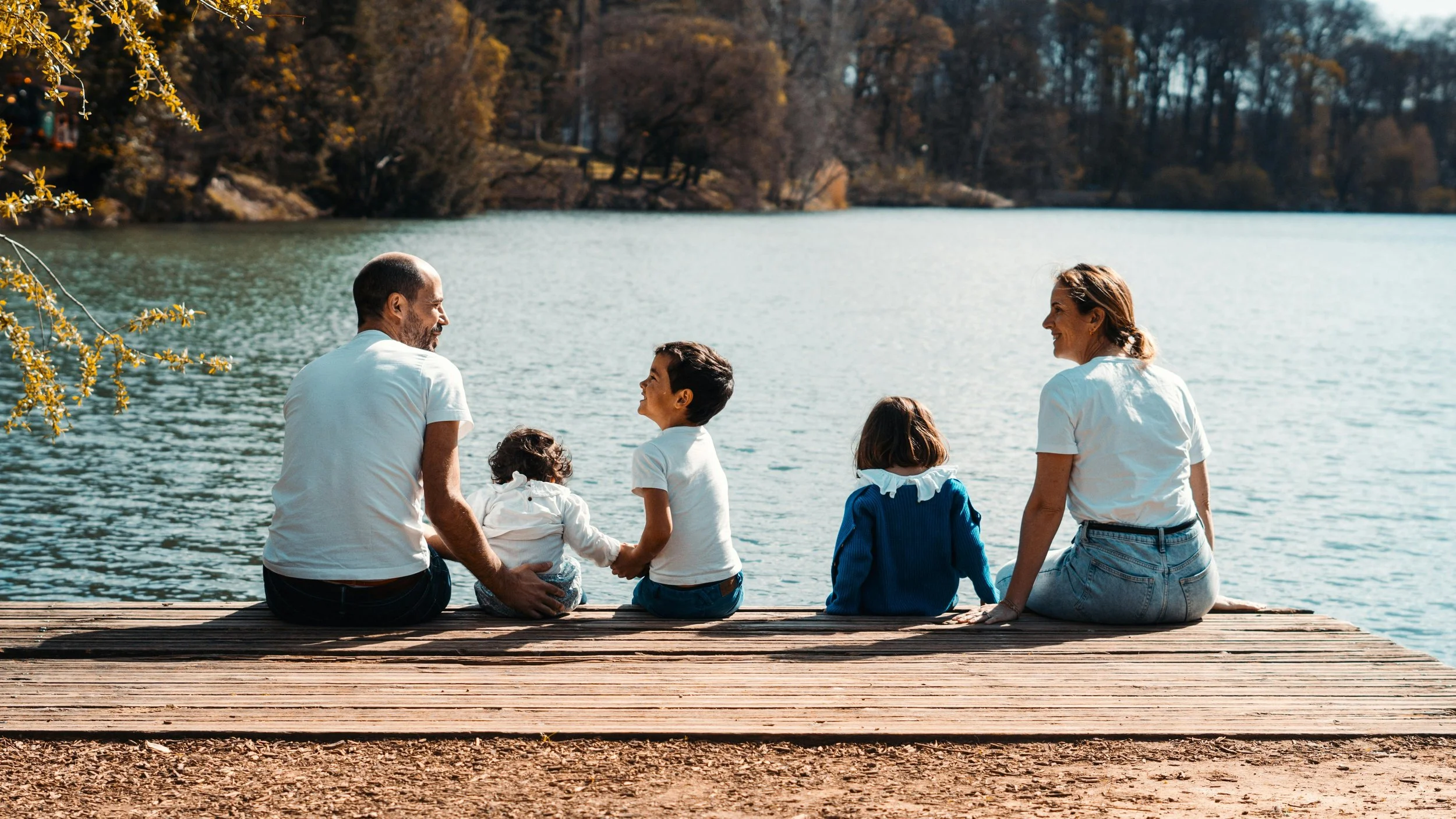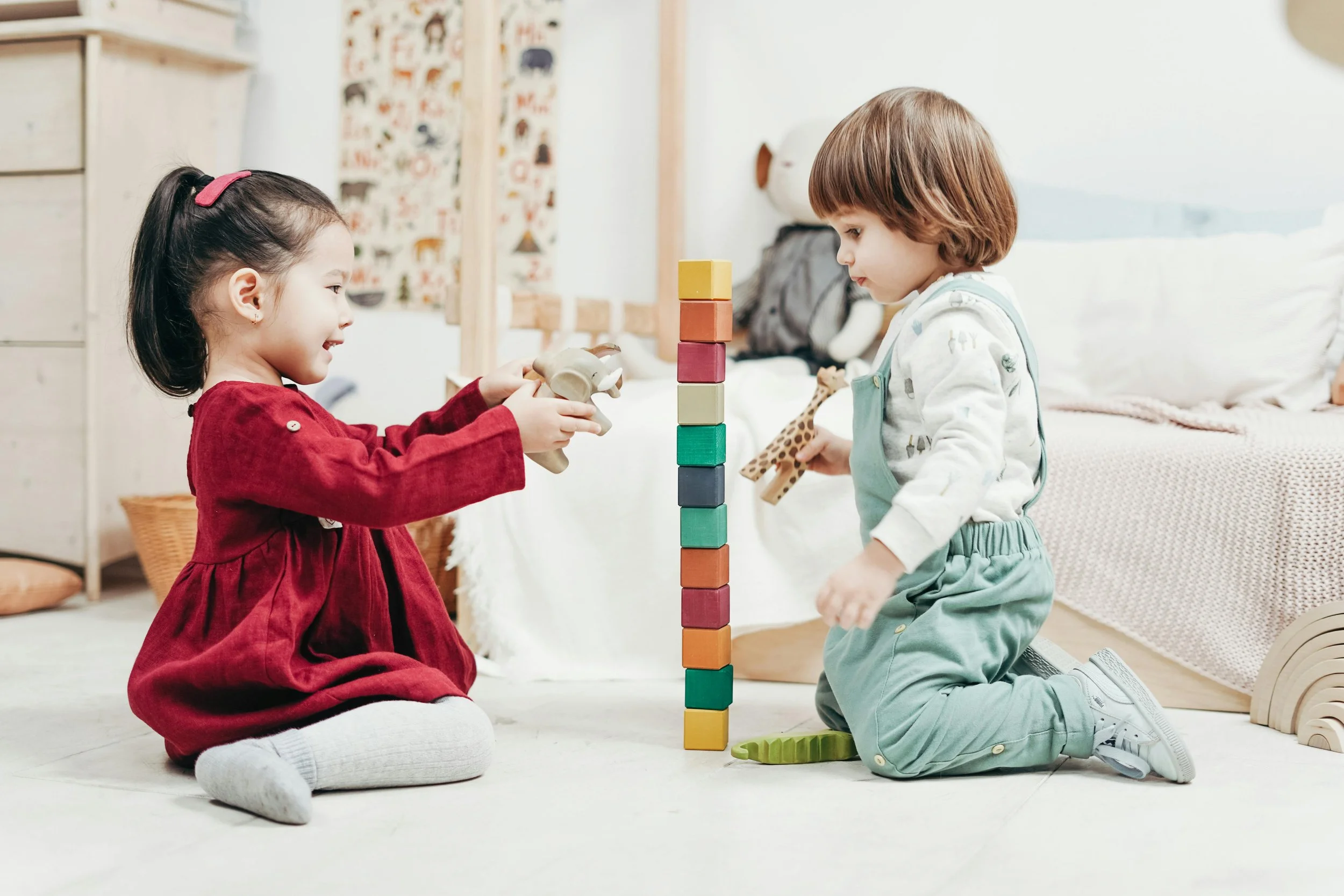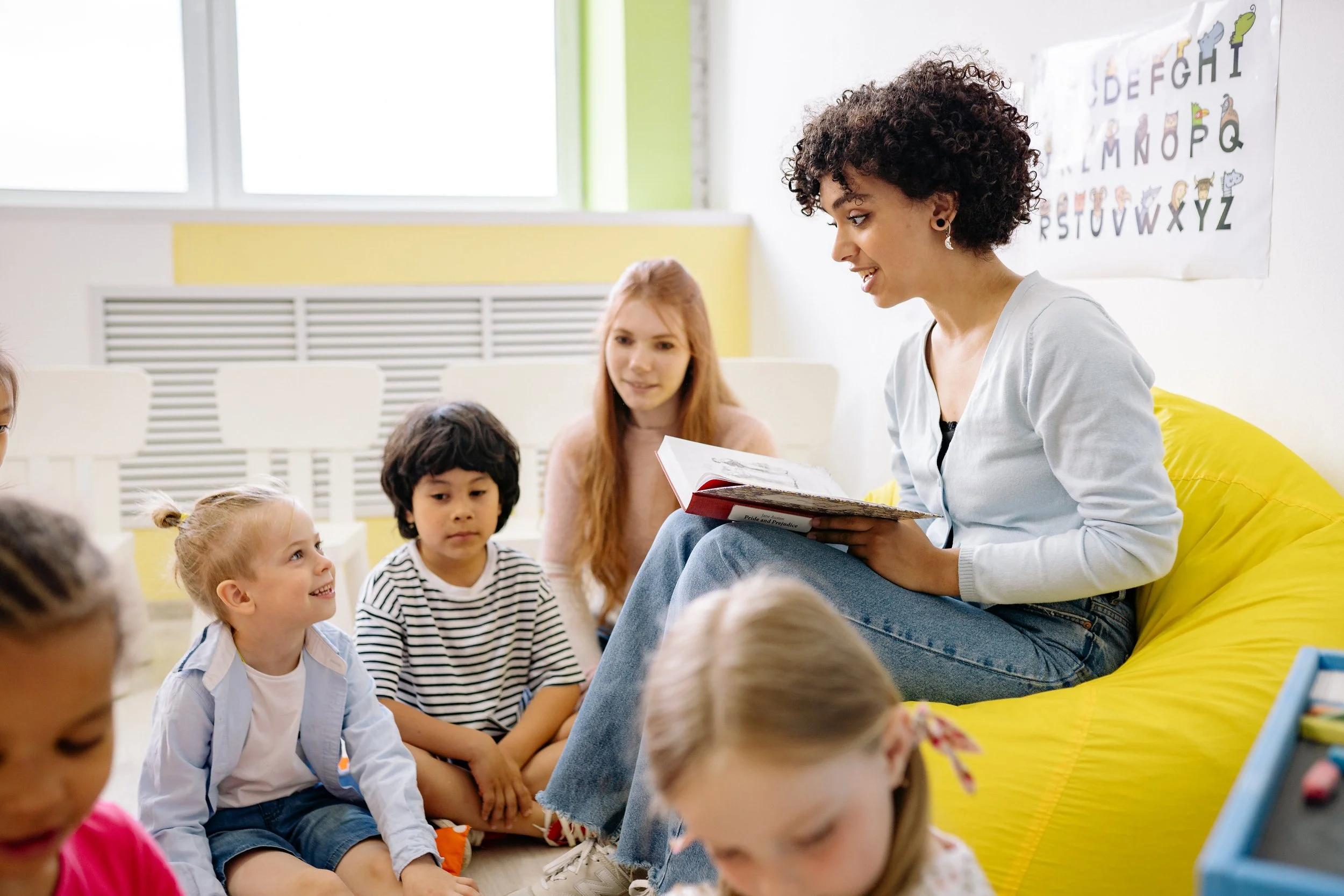A new school year is here and introducing SEL books can support children’s emotional well-being. Parents and educators can support the social emotional growth of children with these engaging read-alouds that focus on social emotional skills such as motivation, self-confidence, fairness, mindfulness, and empathy. Check out our blog for the full list!
When we get caught up in the busyness of life it is easy to lose track of our emotions. Mindfulness, or mindful exercises, are a powerful tool (or superpower) for helping children understand social emotional learning! Read on to find out more about how mindfulness plays a role in learning these valuable skills.
Our social awareness and our relationships with others are strengthened by the ability to be empathetic. Kids who understand empathy can also better understand their own emotions. Understanding the perspective of others is foundational to ethical behavior and establishing positive relationships. Read more about how parents can help children understand and practice empathy!
Experiencing trauma in childhood is unfortunately common. ACEs, or Adverse Childhood Experiences, create stress and anxiety that can create lasting challenges in adulthood -- from health complications and toxic stress, to fewer economic opportunities and abusive relationships. This post explores ACEs, answering questions like What is trauma? How do children experience ACEs? How can we help children heal from the effects of ACEs?
While you are busy supporting the children in your lives, take some time to check in with your own health and needs and to take care of yourself. Read this blog to learn about self-care and to get some ideas for how to incorporate self-care in your life in small ways!
Can you remember the last time you got a good night’s sleep? How did you feel after you had a few good nights of consistent sleep? Sleep, researched by doctors and scientists for decades, is proven to be important for our physical, mental, and emotional health. Read more about how parents and educators can help children establish a consistent bedtime routine and why sleep is important for social emotional learning.
There is no doubt that the past years have proven that teachers are superheroes. The ability to take on virtual learning at sudden notice, face months of uncertainty, and still provide the academic and social learning students need was not easy. Providing attentive care to the social emotional needs of students continues to be imperative and is just as equally important for that same care to be provided to teachers. Read more about how administrators can provide support for their teachers’ emotional needs, as well as care for themselves.
Are you a parent wondering how your child has been doing socially and emotionally at school but you aren’t sure of the right questions to ask your child’s teacher? Check out our blog for a list of questions you can ask to learn more about your child’s social emotional growth at school. Additionally, if your child’s school has a social emotional learning program, we included questions you can ask to learn more about this too!
Behind each challenging behavior is a skill that hasn’t been developed and an unsolved problem with solutions that haven’t been discovered. Dr. Ross Greene’s approach can help parents and teachers work proactively and collaboratively with their children and students to find solutions to these problems and develop their social emotional skills along the way. Read more about these three steps and how they can help with responding to challenging behaviors.
With the first days of school come natural anxieties and worries. As educators, we can help our students adapt to their new environment and feel part of a community where they feel respected, accepted, and valued. Read our 4 tips for activities to foster a sense of belonging in your classroom.
Happiness has been studied for decades by researchers and psychologists. These studies often ask, what makes us happy and how can we be happier? Can we learn to be happy? According to positive psychology, we can! We can learn how to let go of “unhappy habits” and practice habits that will make us happier. Read more on learning to be happy and habits to help children be happier.
Our journey is full of change, both intentional and unexpected. As parents and educators we can help kids develop their social emotional skills to face new challenges with strength and resilience. Read on to learn more about how to help kids adapt to change.
At Better Kids, we believe that play not only is fundamental for children’s social emotional well being, it’s also the most effective way to learn. This is why we help parents and educators support their children’s social emotional growth through interactive digital games and hands-on activities. Read more about these activities and how they can help your child learn through play!
Creativity gives kids the opportunity to practice social emotional skills and in turn their social emotional skills allow them to be more creative, individually and with each other. Read on to learn more about the connection between creativity and social emotional learning and how activities such as storytelling can help kids develop their creativity.
Have you ever made a mistake and found yourself having a hard time accepting your frustrations and limitations? Self-compassion is a mindful way for us to be aware of how we can be more kind to ourselves during these times and strengthen self-confidence. According to Dr. Kristin Neff, “having compassion for ourselves means you honor and accept your humanness.” Self-compassion and SEL can help kids deepen positive relationships with themselves and with others. Read more about the benefits of self-compassion.
In celebration of Mental Health Awareness Month, we are sharing information on mental health in children and students. Read to find out how education can help children build a strong foundation for mental wellness for life! Plus, Better Kids has created a month calendar, full of activities that focus on your and your child’s mental health.
The only thing that is certain in life is that it is uncertain. One way to find peacefulness in the uncertainty is by being more present - we can pause to find joy in the small things, especially during a season as lovely and inspiring as spring. Read more about 4 simple and mindful activities to do with your child, inspired by the spring season.
Children experience and express grief differently than us, and as parents and teachers who care about our children, we should learn what to expect and how best to support them after a loss in the family or community. It is challenging but crucial to do this work with the proper knowledge and communication, to ensure that our children’s development can continue healthily and safely, even in the wake of tragedy and possibly our own grieving. This post focuses on grieving in preschool through elementary school aged children, with both guidance for parents and teachers.
When we are having a conversation with someone, how do we know if the other person is listening? Do they give a nonverbal or verbal response? Listening skills, like any social emotional skill, requires intentional practice. Read on for activities that will help kids develop their listening skills.





















We can support children’s social emotional learning in so many ways, including with literacy! Reading or listening to these recommended books can help your kids learn about kindness, forgiveness, sharing, gratitude, anxiety, and more!